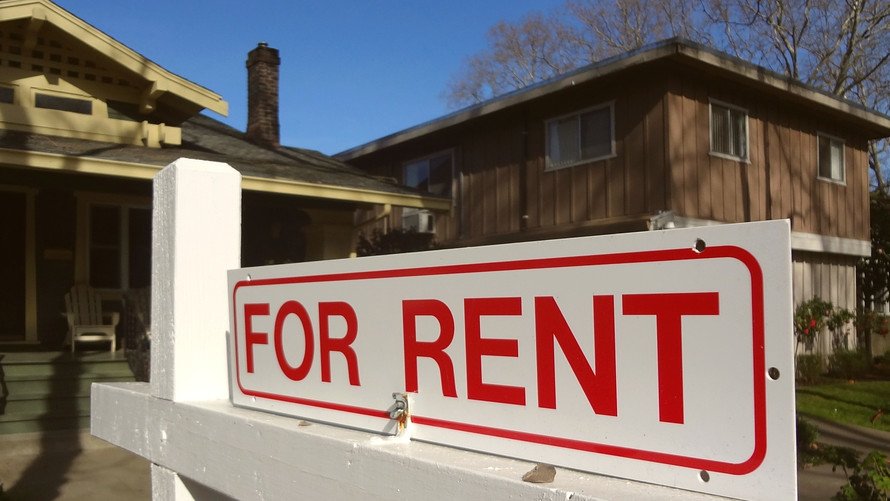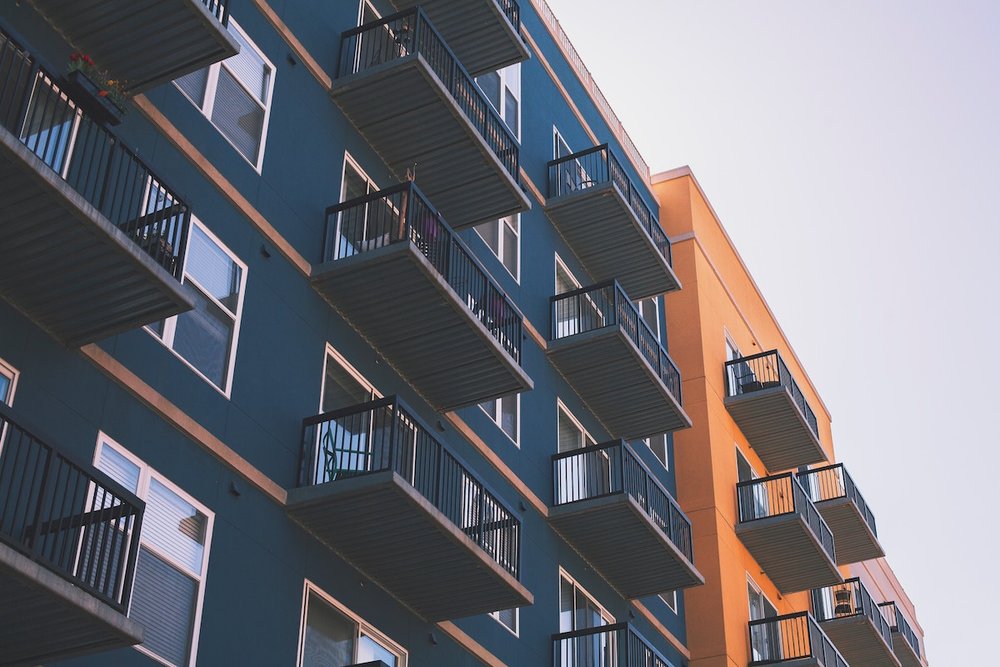We’ve all been told since childhood that the first step you take towards building wealth is buying a house – it’s this version of the American Dream which keeps us working extra hours and sometimes even two jobs to meet the mortgage payments and missing out on life in order to save enough money for the big investment, but is really a smart move to buy a house? You may be surprised to hear the answer.

A recent study conducted in 50 different states showed that renters pay significantly less money every month than homeowners
Renting vs. Buying
A joint study by University of Wyoming, Florida International University and Florida Atlantic University says that even though homeowners tend to be wealthier than renters, the economic difference doesn’t have anything to do with whether they buy a home or rent it. In fact, people who want to become rich are better off steering clear of mortgage payments.
The study looked at the monthly expenditure of homeowners and renters in 50 different states, and found out that people with mortgage loans pay more every month than those who just pay rent. Depending on where they live, renters could be saving 33 per cent to 93 per cent more money than homeowners. Choosing a lease over a dead can come with a lot of benefits.
For starters, you don’t have to worry about any other costs apart from rent and utilities. Whereas homeownership generally comes with mortgage payments, utilities, property and homeowner association taxes, insurance and any other repairs that you may have to pay out of your own pocket. Doesn’t sound quite like the American Dream anymore, does it? Here are few more compelling reasons why we think renting is better than buying.
More than Just Mortgage Payments
We brushed over this quickly in the introduction but in order to understand why renting a house is better than buying one, we need to analyze the true price of homeownership. Many experts will say things like ‘every dollar you pay in rent is a dollar wasted’ but this conclusion is often misguided for a number of different reasons.
For one, you’re not wasting money by paying rent; you’re actually getting a shelter and security in return – not just for yourself but also for your family and loved ones. Buying a house also requires a lot of spending on fees, taxes and interest payments – using the money that you’ll never see again because these expenses don’t really count towards building equity.
You may think, ‘but mortgage payments are generally lower than rent!’ and you’re right, but that mortgage expense is just the tip of the iceberg. There are other costs associated with homeownership that generally run as high as half of the mortgage payment.

Costs like taxes, fees and insurances can often run as high as 50 per cent of the mortgage payments, making it more expensive to buy a house than to rent one
These include a one-time homeownership cost which is typically 6 per cent to 12 per cent of the home value, property taxes, loan interest, lawyer and realtor fees at the time of selling the property, homeowner’s insurance, disaster insurance, mortgage insurance, utilities, repairs and maintenance.
Renting Has Lower Cost – Even Over Long Term
Now that you’ve read about the real cost of homeownership, it may have begun to sink in that renting might just be a better decision after all. This especially holds true if you’re not planning to live in your newly purchased home for over four years.
This is because homeowners usually need to hold on to their properties for as long as they can so that the increase in home value offsets the closing costs of the purchase. But there isn’t any guarantee that the value of your home will go up over time, there is always a risk that real estate prices could fall, incurring you a huge loss if you decide to sell.
Moreover, selling your house in the first few years of mortgage is generally a bad idea since most of the payments in the initial term of homeownership goes towards interest instead of the principal balance.
Calculation Isn’t Always Easy
In order to find out if renting is better for you than buying, it may make sense to analyze the expenses associated with each of the two options but it always easy to calculate the accurate cost of homeownership.
There are a number of online calculators you can use to figure out the best option out of buying and renting – but the accuracy of the results depends of the accuracy of your assumptions. But even then it can be impossible to predict tax laws in future and whether or not your home will go up in value when you’re ready to sell it.










